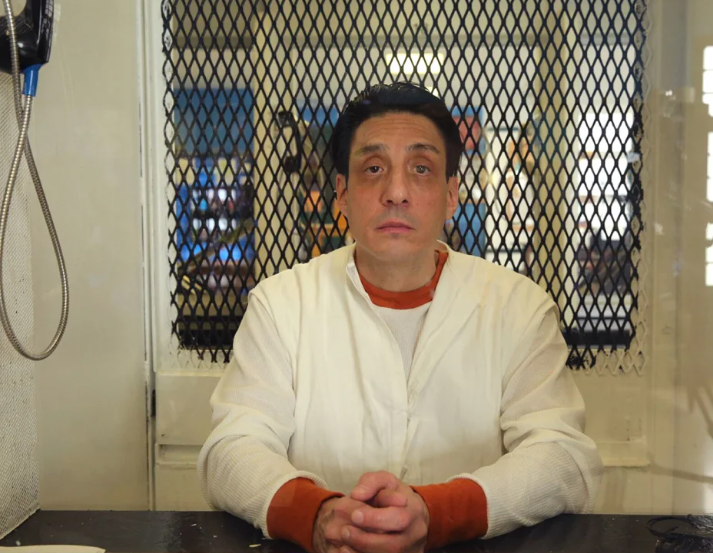Texas carried out the execution of Ivan Cantu on Wednesday, a death row inmate convicted for the 2000 murders of his cousin and his cousin’s fiancée, despite his consistent claims of innocence.
Cantu, aged 50, was administered lethal injection, with his time of death recorded at 6:47 p.m., according to the Texas Department of Criminal Justice.
In his final moments, Cantu maintained his innocence regarding the murders of James Mosqueda and Amy Kitchen. He addressed the families, expressing his innocence and willingness to share any information that could lead to justice for them.
However, Collin County District Attorney Greg Willis asserted that Cantu had “finally met with justice” after years of extensive court reviews of his case.
Witnesses to the execution included Kitchen’s brother, her sister-in-law, and a family friend, alongside three journalists. Cantu chose not to have witnesses of his own but was accompanied by his spiritual advisor, Sister Helen Prejean, a prominent anti-death penalty activist.
Michael Graczyk, a media witness, noted that Cantu appeared in good spirits before the execution. Prejean offered comfort to Cantu before he delivered his final statement, where he reiterated his innocence without displaying bitterness or anger.
Cantu and his advocates, including three of his trial jurors, had sought to halt the execution to allow for the evaluation of new evidence and to argue his case of being deprived of a fair trial, alleging framing by the true perpetrators of the killings.
Despite efforts to stop the execution, including appeals to federal and state courts, the options dwindled rapidly in the hours leading up to the execution. Cantu’s attorney, Gena Bunn, chose not to appeal to the US Supreme Court following the Fifth Circuit Court of Appeals’ decision the previous night, stating the lack of a viable path forward.

